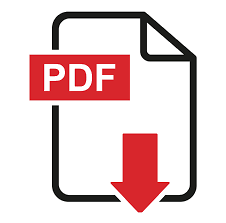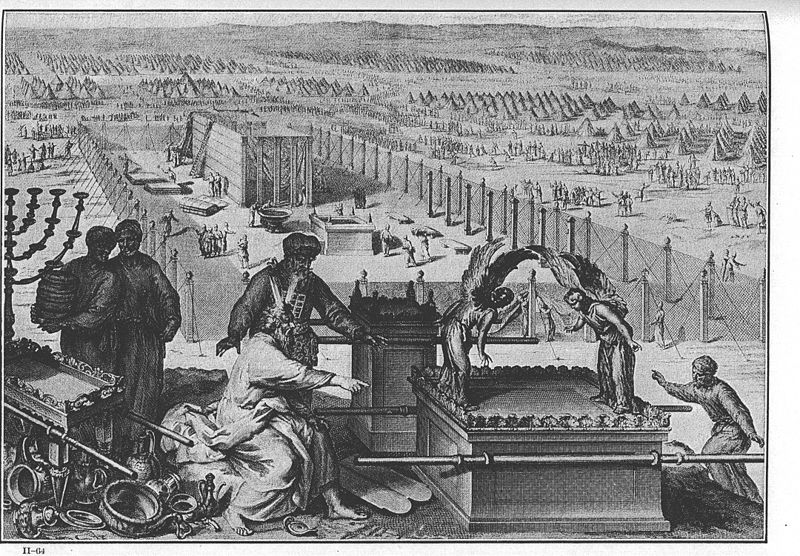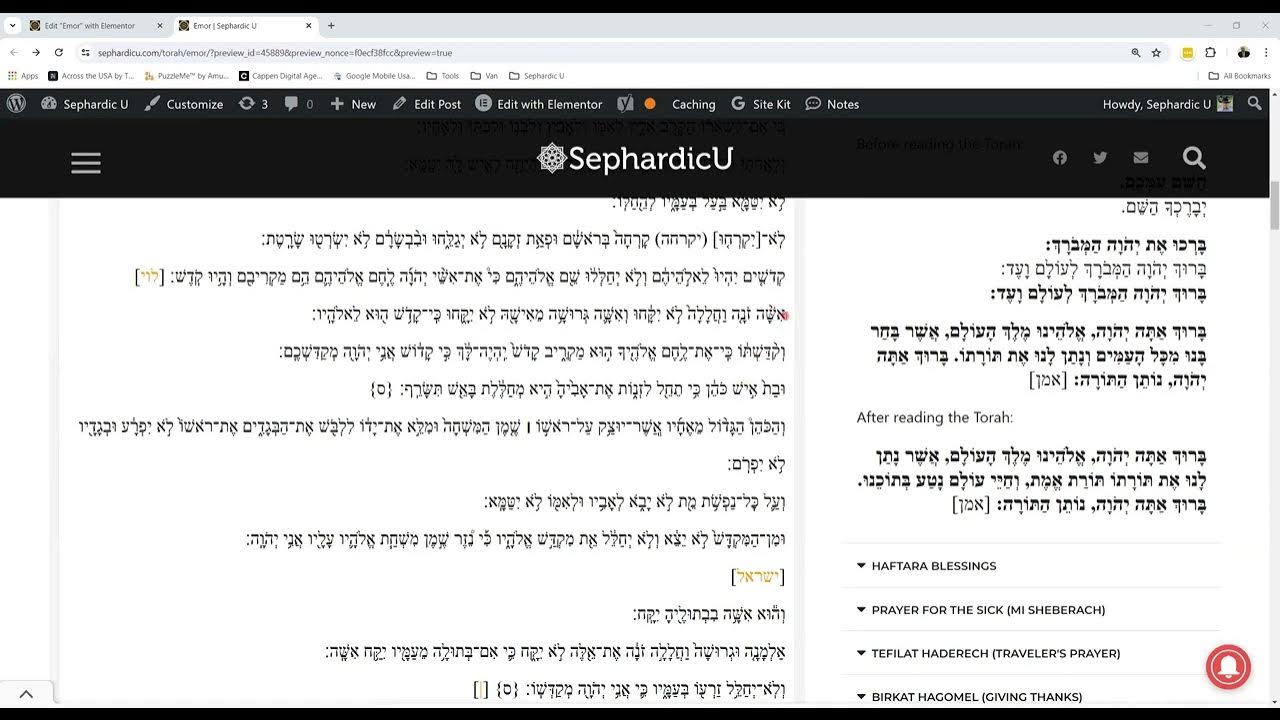
Shabbat vs. Idolatry
Shabbat is the last commandment given to the Israelites before they make the Golden Calf, and it is mentioned twice immediately afterwards (Ex. 31:12-18; 34:21; 35:1-3). In the first occurrence Shabbat is called a covenant, and in the last it is introduced with the words VaYakhel Moshe – Moshe gathered the congregation. The story of the Golden Calf, the epitome of Idolatry, is thus surrounded by the idea of Shabbat as a covenant between us and God. The Shabbat also conveys the message of a community. Shabbat is the opposite of idolatry, which the Torah refers to as other gods, or alien gods. Paganism is a false religion, created by individuals or societies to allow them to do as they wish in the name of their gods. Because humans crave power and want to satisfy their desire, all pagan societies eventually became tyrannical or decadent. The focus of these societies on power and desire led to their destruction.
By contrast, the Torah offers a way of life which guides us on a path of spiritual and emotional growth. Once we recognize our power and our importance to society, we are prompted to help others. In this manner, the Torah has created a community of people who care about one another and who constantly synchronize their spiritual engine. The most important tool in this Guide to Life is the Shabbat. Shabbat permits us to rest, physically and mentally. It allows us to take care of ourselves and give to others, creating a beautiful community. The story of the Golden Calf, which could have spelled the end of the Israelites, is encased in the protective shell of the Shabbat.
Women in the Mishkan
The women had a special role in the making of the Mishkan. According to the Midrash, they did not take part in the sin of the Golden Calf and were therefore rewarded. They were the first ones to bring their contribution to the Mishkan. They were also honored with being the guardians of Rosh Hodesh, a celebration marking the constant cycle of life.
Writes Rabbenu Bahya ben Asher (Zaragoza, Spain, 1255-1340):
When Aharon asked the people to give him their jewelry to make the Golden Calf, he asked for the Jewelry of men, women, and children, but only the men gave theirs (Ex. 32-23). But when they were asked to give their jewelry for the Mishkan, they gave it with great enthusiasm, even though it was very precious and dear to them. When the men came to bring their contribution, the women were already there. They were the first to perform the Mitzvah.
Rabbi Yosef Haim, aka the Ben Ish Hai (Baghdad, 1835-1909), writes that the women knew that the construction of the Mishkan came to atone for the sin of the Golden Calf. They did not sin, so they dedicated their work to redeem their men from the punishment of transgression. To make the men feel that they took an active part in the work, the women wove the curtains before shearing the wool, and then let the men shear the final product.
Questions for Kids: Parashat VaYakhel
What is the first Mitzvah mentioned in Parashat VaYakhel?
Why do we have to keep this Mitzvah?
Of the prohibitions of Shabbat, מֹשֶׁה mentions one in particular. Which one?
Why is this one mentioned?
How is it related to the building of the Mishkan?
The men and women who contributed to the Mishkan had special character traits. What were they?
The Torah mentions these character traits in connection with the heart. What are they called?
Answers to Questions for Kids
- Shabbat.
- Because HaShem created the world in seven days and rested on Shabbat.
- Starting a fire.
- Because we use fire to do creative things and on Shabbat we rest from creation, like HaShem.
- To show that even the creative work of building the Mishkan should stop on Shabbat.
- חָכְמָה וּנְדִיבוּת – wisdom and generosity.
- חֲכַם לֵב, נְדִיב לֵב
.








Parashat Behar – Weekday Torah Reading (Moroccan TeAmim)